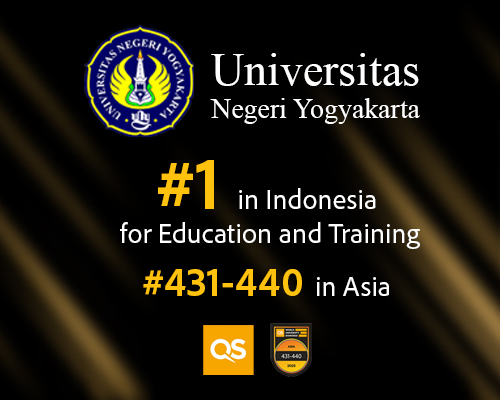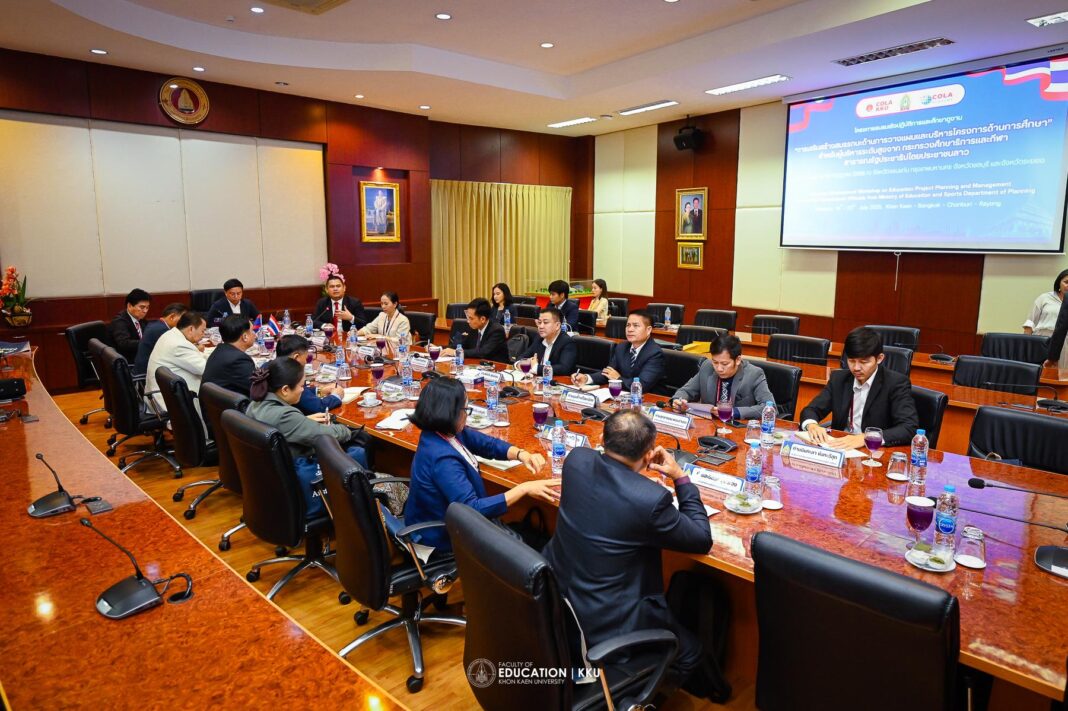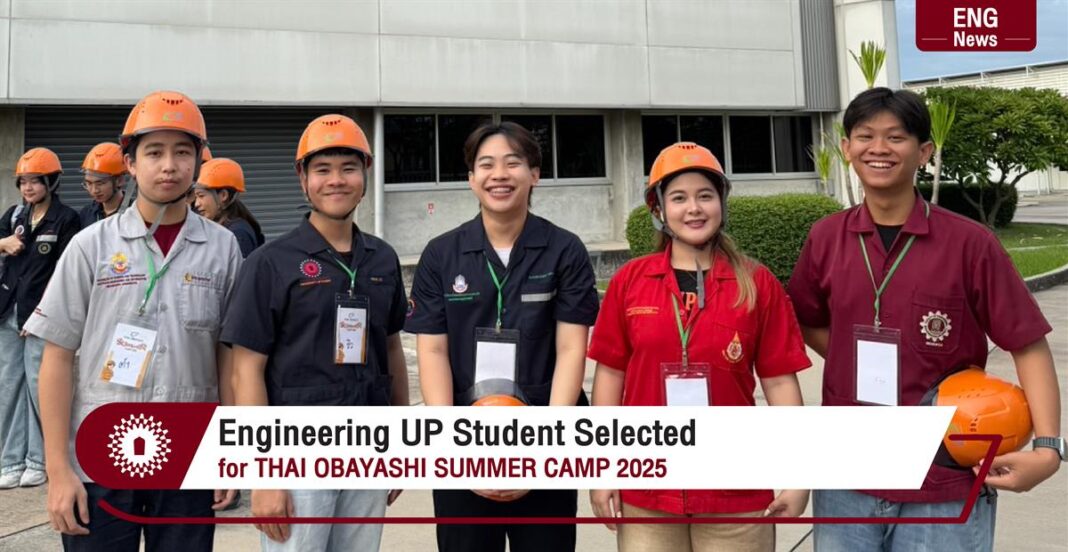You witness history in the making when educational leaders from two nations gather to reshape the future of learning. On July 14, 2025, the conference room doors at Khon Kaen University opened to welcome a delegation that would spark new possibilities for educational transformation across Southeast Asia.
KKU Faculty of Education Hosts Groundbreaking Collaboration to Enhance Lao Educational Leaders’ Capacity
Catalyst
The spark came from an ambitious vision: transforming education across borders through strategic collaboration. The Faculty of Education and the College of Local Administration (COLA) at Khon Kaen University joined forces to host a high-level delegation from the Ministry of Education and Sports of the Lao People’s Democratic Republic. Led by Mr. Sithong Sikhao, Acting Director General of the Planning Department, the delegation included 15 senior executives who gathered at the Udon Tantisunthorn Conference Room.
This special lecture formed the cornerstone of the “Capacity Development Workshop on Education Project Planning and Management,” a collaborative initiative between COLA and the Lao Ministry of Education and Sports. The workshop’s ambitious goal was clear: support the reform and development of Laos’ basic education system, which plays a pivotal role in shaping the country’s national education strategy.
Rising Action
As the workshop unfolded, fresh perspectives on modern education models began to emerge. Associate Professor Issara Kanjak, Ph.D., Dean of the Faculty of Education, delivered a compelling presentation titled “The Path from Philosophy to System.” His insights drew from global case studies spanning Singapore, Finland, Japan, and Estonia, demonstrating how successful nations build their educational frameworks.
Meanwhile, Professor Kanjak emphasized that education should transcend mere knowledge transmission. Instead, he argued, it should serve as a foundation for building systems of thought and national development strategies. His analysis revealed that when a nation establishes a clear educational philosophy, it can effectively design educational structures that truly meet its developmental goals.
Subsequently, faculty members from the Faculty of Education delivered a comprehensive session titled “Philosophy and New Paradigms in Basic Education Management: A Comparative Case Study.” Dr. Chayachon Chuanon explored Thailand’s education system structure and challenges, explaining how these insights informed curriculum design at Khon Kaen University Demonstration School’s International Program (KKUIDS).
Turning Point
The breakthrough moment arrived when theoretical knowledge met practical application.
Mr. Chinnaphat Junruang shared KKUIDS’s innovative active learning approach, which focuses on equipping students with 21st-century skills and preparing them to become future leaders in innovation. This presentation demonstrated how educational philosophy transforms into tangible learning outcomes, bridging the gap between vision and implementation.
Assistant Professor Dr. Sirirak Laochankham, Dean of the College of Local Administration, reflected deeply on the collaboration’s significance. He highlighted Khon Kaen University’s unique position as a leading academic institution in the region, emphasizing that KKU serves not merely as a recipient of global knowledge but as an active contributor sharing academic insights for mutual advancement.
Resolution
The following day, July 15, 2025, brought the collaboration full circle. The Lao delegation visited the KKUIDS campus to observe live teaching practices in action, witnessing firsthand how innovative educational theories translate into classroom reality. They also attended the “KKUDS EXPO 2025: Driving Innovation for a Sustainable Future” at the Demonstration Secondary School (Mod Din Daeng Campus).
This visit provided invaluable opportunities to witness student innovation and educational outcomes directly. The delegation experienced how educational transformation initiatives create measurable impact on student development and learning outcomes.
Ultimately, the lecture and site visit achieved their dual purpose: facilitating meaningful knowledge exchange while reaffirming the Faculty of Education at Khon Kaen University’s role as a regional leader in education. The exchange strengthened academic partnerships that will elevate educational quality in both Thailand and Laos while supporting long-term regional educational strategies.
As this collaboration continues to unfold, it represents more than knowledge sharing—it embodies a commitment to fostering academic partnerships that drive educational quality and sustainability across Southeast Asia, creating lasting impact for future generations of learners.





